In a setback to diplomatic ties with Cuba, U.S. Secretary of State Rex Tillerson expelled 15 Cuban diplomats from the United States on October 3. This move followed the withdrawal of most U.S. personnel from the embassy in Havana after 22 American diplomats and their family members experienced unexplained health issues.
Last November, U.S. personnel in Havana reported symptoms such as hearing impairment, nausea, dizziness, and mild cognitive impairment.
Initially affecting intelligence officers, later victims held various positions in the U.S. Embassy, with several Canadian diplomats also affected.
The Cuban government was informed of these incidents on February 17, 2017. Cuban President Raúl Castro pledged full cooperation, inviting the FBI to investigate. However, the investigation has been unable to identify the perpetrator or motive behind the mysterious attacks.

Even after nearly a year, the method of the attacks remains unknown, and the initial attribution to a sophisticated sonic weapon has been questioned by scientists.
Considering the context, withdrawing U.S. personnel seems a reasonable precaution. However, the decision to expel Cuban diplomats, despite Cuba’s cooperation in the investigation, appears baseless and counterproductive.
Examining the history of U.S.-Cuban relations, it seems that domestic politics, rather than foreign policy interests, is driving the current U.S. approach.
State Department officials doubt Cuban government involvement, and Cuba continues to cooperate with the investigation. Nevertheless, opponents of the Obama-era rapprochement with Cuba are using the mysterious injuries as a pretext to punish Cuba, jeopardizing improving relations.
Senator Marco Rubio, a vocal opponent of normalization, called for the closure of the U.S. Embassy and the expulsion of Cuban diplomats in August 2017.
In response, on September 29, Tillerson withdrew nonessential personnel, suspended visa processing for Cubans, and issued a travel warning. Despite criticism from Rubio, these actions culminated in the expulsion of Cuban diplomats on October 3.
This departure from the desired diplomatic approach has consequences. The American Foreign Service Association opposes the withdrawal from Havana, stating it goes against U.S. interests.
Additionally, the travel warning impacts Cuba’s economy, which is heavily dependent on tourism. The broad nature of the warning is questioned since U.S. visitors were not targets of specific attacks.
Canada, facing a similar situation, did not issue a travel advisory or take punitive measures against Cuba, by suspending visa processing for Cubans, the U.S. risks violating the 1994 migration accord.
As the U.S. intensifies these measures, Cuba’s response becomes defiant. In an October 3 statement, Cuba’s Foreign Ministry condemned the expulsion of diplomats as baseless and unacceptable, rejecting any responsibility for the incidents. Cuba, for the first time, questioned the occurrence of the attacks due to the absence of evidence.
The Trump administration’s response, driven by political demands rather than the safety of U.S. diplomats, risks undermining Obama’s engagement policy.
The administration’s actions may inadvertently provide a victory to the shadowy adversary responsible for the attacks, disrupting the rapprochement between the U.S. and Cuba.


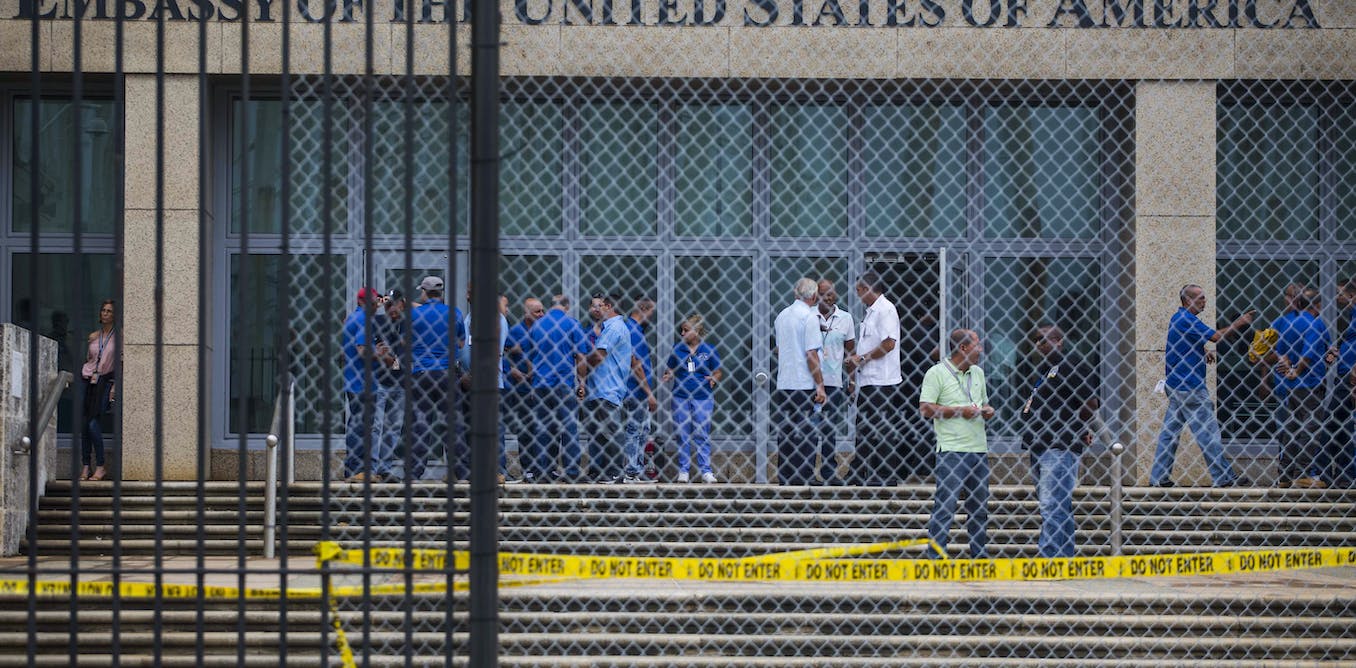


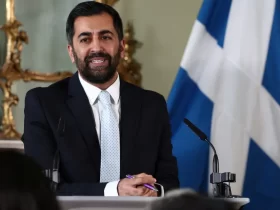
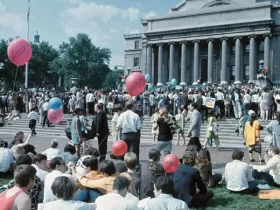
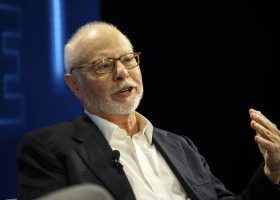

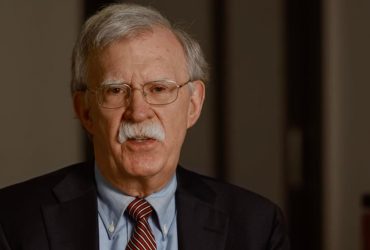
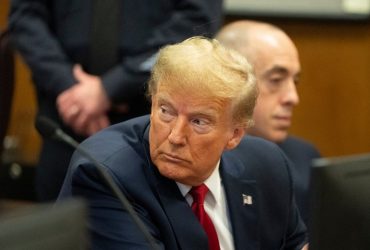
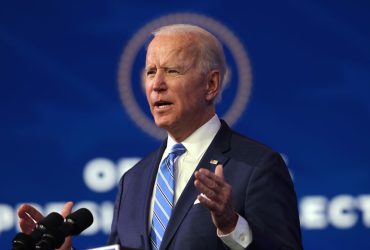


Leave a Reply